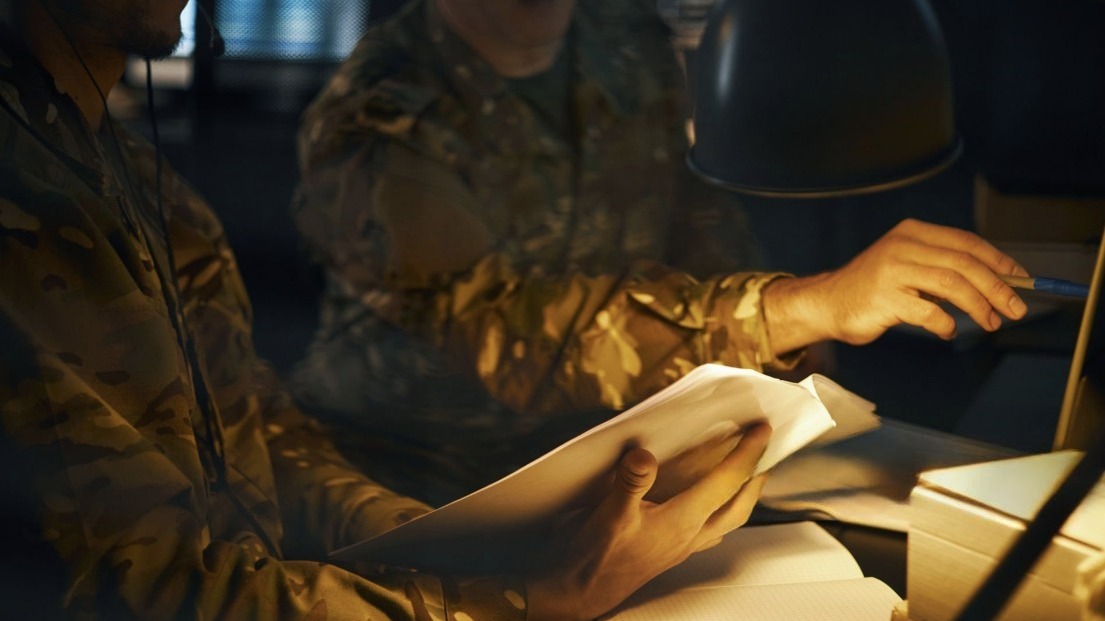
Understanding the Weight of Time in Warfighting
In military operations, the relationship between time and readiness is often underestimated. Time is not just a resource; it's an essential factor that directly influences the effectiveness of military units. The conventional understanding of 'time' in civilian world derives from a primary focus on profitability. In contrast, military success hinges on operational readiness, which can be severely compromised without appreciating time as a finite and valuable asset.
Shifting the Military Mindset: From Time-Wasting to Time-Saving
Moreover, the military culture tends to disregard efficiency. Positions at various echelons often prioritize routine and traditional procedures over the proactive management of time. This requires a transformative shift towards viewing time management as a leadership priority. As the article points out, inefficiencies often manifest through outdated processes—like range requests that funnel through multiple approval layers—turning simple tasks into escalating delays. Time is readiness, and inefficiencies translate into missed training opportunities, ultimately compromising mission success.
Complex Processes and Friction in Military Operations
The concept of 'friction' articulated by military theorists like Carl von Clausewitz remains relevant in today’s military context. A simple scenario can become a tangled web of complexities, where every minute wasted escalates operational friction. For instance, if a unit is tasked with both maintaining and utilizing artillery—simple responsibilities can become compromised by unnecessary bureaucratic hurdles. When soldiers are unable to complete essential training because they are trapped in administrative purgatories, their operational readiness suffers greatly.
Effective Leadership as a Catalyst for Change
To counter these issues, military leaders must embrace a mindset that values time management. By adopting strategies typically found in successful businesses, military units can enhance their efficiency. This includes establishing clear processes, utilizing modern technologies, and empowering soldiers to take ownership of their roles—unleashing their productive potential. Leadership in the military must also promote a culture that emphasizes action and accountability, transforming readiness from a passive state into a dynamic, proactive stance.
Conclusion: Embracing Time as a Resource for Readiness
In conclusion, recognizing time as a crucial element in military operations leads to better preparedness and success on the battlefield. The transition from a process-oriented culture, which often overlooks the impact of time wasted, toward one that actively manages time can profoundly enhance military effectiveness. It requires leadership to not just acknowledge but to actively invest in efficient time management practices. As a community of veterans, service members, and military families, embracing this mentality can help propel our forces and communities forward into an era of enhanced operational excellence.
 Add Row
Add Row  Add
Add 




Write A Comment